
10 Books About Neurodivergence for Newly Diagnosed Adults
Being diagnosed with autism at 26 was simultaneously a relieving and lonely experience. It consoled me to know that some traits I’ve felt ashamed of in life—my difficulties with social situations, my intense passion for reading and fictional worlds—are integral parts of me. It helped me make peace with who I am. But there aren’t many outlets for adults to talk about being neurodivergent or find accommodations that work for them. So, in the months following, I read a lot of books about autism in search of the advice and belonging I couldn’t always find in real life.
These 10 books about neurodivergence are all helpful resources for late-diagnosed readers. Some focus on specific conditions like autism, ADHD, or dyslexia but have points that may resonate with neurodivergent readers on a broader level. Others have a more general focus. Also, while the focus here is recommendations for newly diagnosed readers, these books can also be helpful for undiagnosed readers who are questioning whether they might be neurodivergent or readers who have known they are neurodivergent for many years.
I’d also like to include two publisher recommendations for books about neurodivergence: Jessica Kingsley and New Harbinger. Both have been valuable resources to my own journey to better self-understanding, with many books by authors who are neurodivergent themselves. If you’d like to further explore books about neurodivergence, take a look through their catalogs.
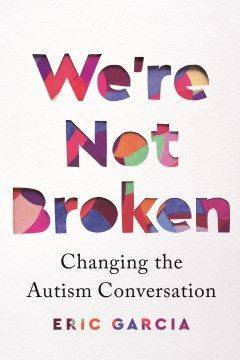
We’re Not Broken by Eric Garcia
Research on autism largely centers a white male perspective, which leads to inequitable diagnosis and support for women, people of color, and LGBTQ+ individuals. Journalist Eric Garcia interviews autistic people from marginalized communities across the United States and provides a nuanced and inclusive view of neurodivergence.
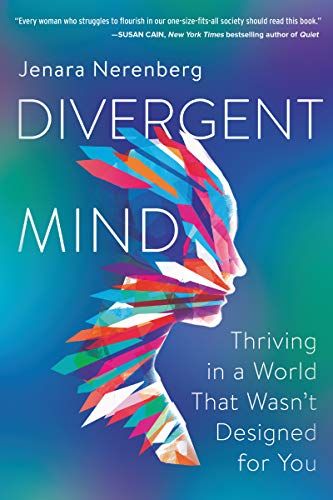
Divergent Mind: Thriving in a World that Wasn’t Designed for You by Jenara Nerenberg
Journalist and creator of The Neurodiversity Project, Jenara Nerenberg, investigates the overlooked experiences of neurodivergent women through a mix of research and interviews. The focus here is both personal and wide-reaching, with chapters on autism, ADHD, misophonia, dyslexia, sensory processing disorder, and more, including Nerenberg’s lived experiences.
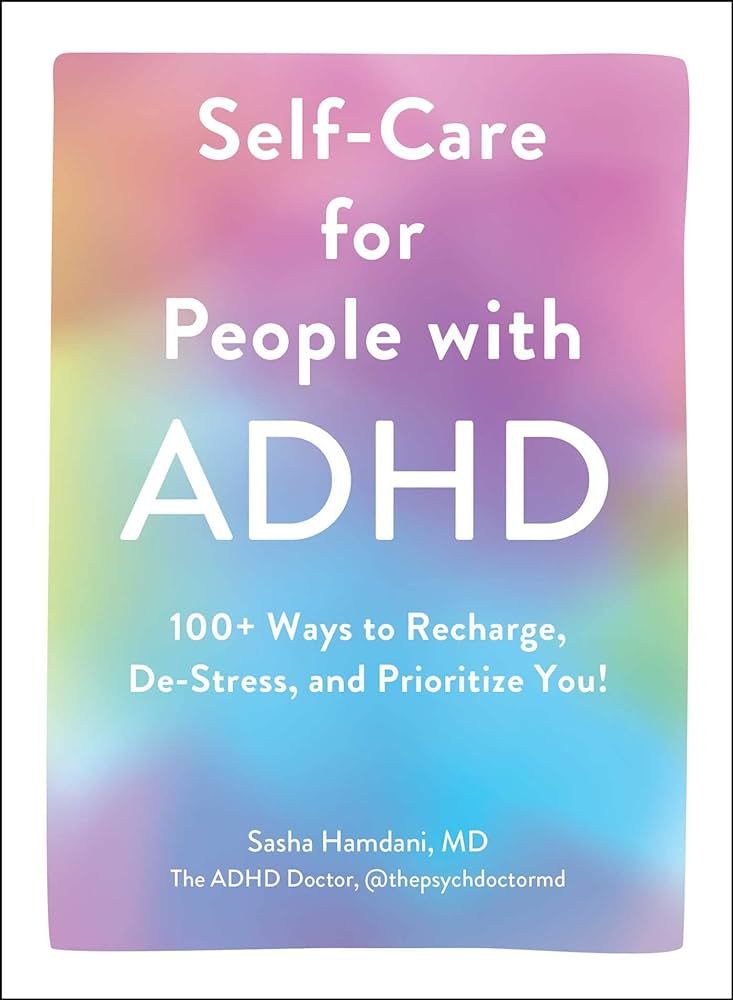
Self-Care for People with ADHD by Dr. Sasha Hamdani
Informed by her background as a psychiatrist and a woman with ADHD, Dr. Sasha Hamdani shares science-based strategies that can help ADHD readers nurture their physical and emotional well-being. Along the way, she also gives advice on building self-compassion and reducing internalized shame.
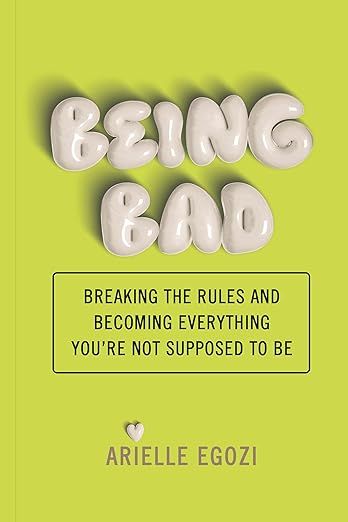
Being Bad: Breaking the Rules and Becoming Everything You’re Not Supposed to Be by Arielle Egozi
Feeling adrift and in need of guidance? Inaugural Slate advice columnist Arielle Egozi reflects on their experiences as a queer and neurodivergent Latine person and shares strategies for working through internalized shame and living authentically and according to your core values.
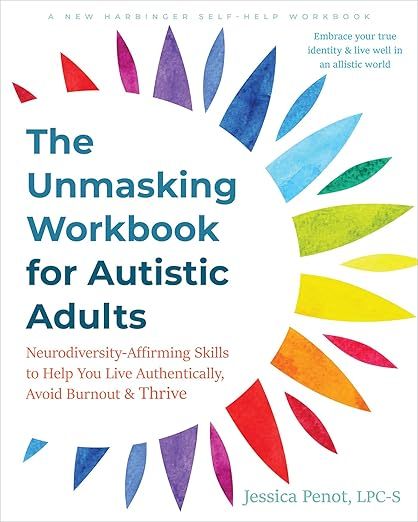
The Unmasking Workbook for Autistic Adults by Jessica Penot, LPC-S
Late-diagnosed folks often hide (or “mask”) their autistic traits, even when it comes at an emotional cost. This workbook by autistic therapist Jessica Penot guides readers through dealing with internalized shame and living more authentically within a world designed for allistic (non-autistic) people.
For a workbook with a broader focus, try The Neurodivergence Skills Workbook for Autism and ADHD. In it, Dr. Jennifer Kemp and Dr. Monique Michelson share skill-building strategies from their careers as clinical psychologists and personal experiences as AuDhD individuals.
Dyslexia and Me: How to Survive and Thrive if You’re Neurodivergent by Onyinye Udokporo
With a blend of memoir and advice for dyslexic readers, Oyine Udokporo shares defining moments in childhood and her later career as an educational researcher. She confronts the systemic barriers to dyslexia accommodations that marginalized communities face and advocates for equitable practices in education.
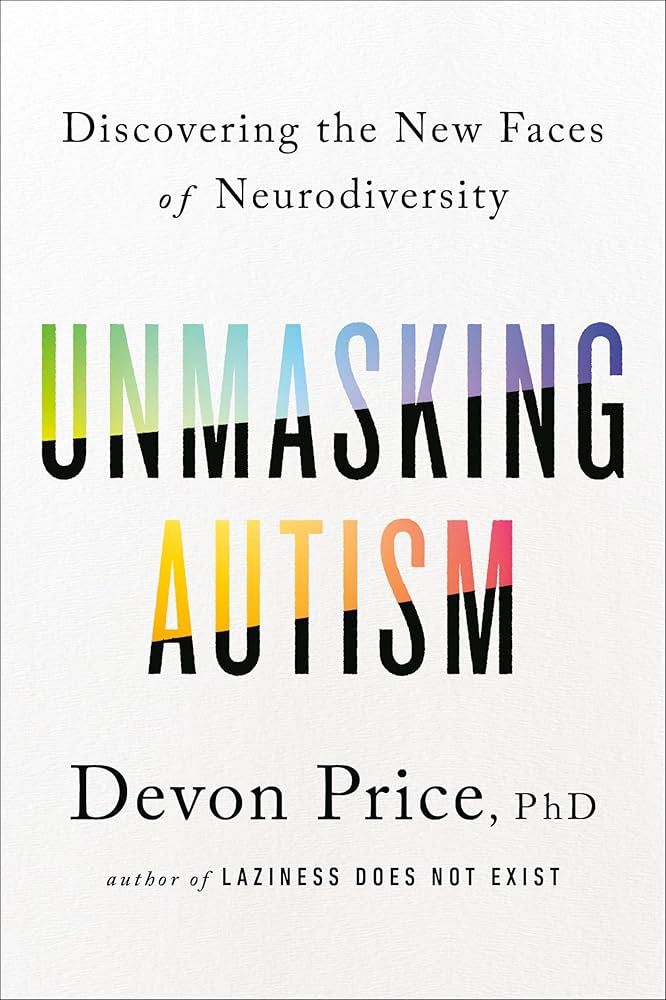
Unmasking Autism by Dr. Devon Price
As a psychologist and autistic person, Dr. Devon Price offers a perspective on neurodivergence that prioritizes the experiences of neurodivergent individuals over a clinical, neurotypical viewpoint. He examines the psychological reasons and distress of autistic individuals who mask their traits.
For further reading on working through internalized shame, Dr. Price’s Unlearning Shame: How We Can Reject Self-Blame Culture and Reclaim Our Power is an excellent resource. Plus, keep an eye on his upcoming release, Unmasking for Life, for advice on building self-compassion and an authentic life while navigating barriers within an allistic society.
Armchair Conversations on Love and Autism: Secrets of Happy Neurodiverse Couples by Eva A. Mendes
Discovering that you’re neurodivergent later in life can bring clarity to differing needs and perspectives in a romantic relationship. Based on research and interviews, couple’s counselor Dr. Eva A. Mendes gives relationship-building advice for partners who do not share the same neurotype.
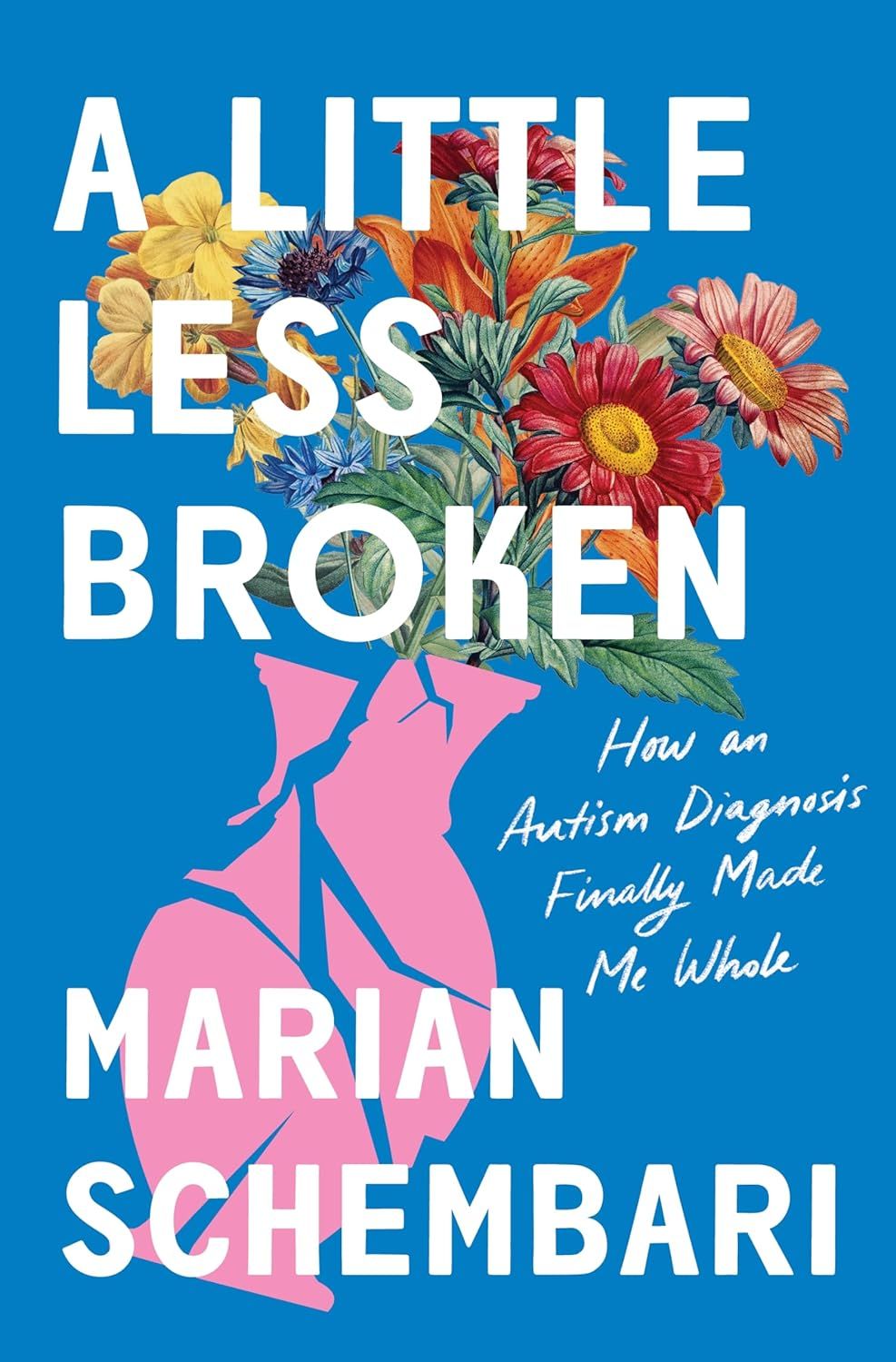
A Little Less Broken by Marian Schembari
Memoirs can be especially helpful as readers process their own diagnoses. It can be comforting to know you’re not alone. In it, Schembari shares the emotional clarity she felt after her autism diagnosis at 34 years old and confronts the barriers to accessible healthcare that neurodivergent women and girls face.
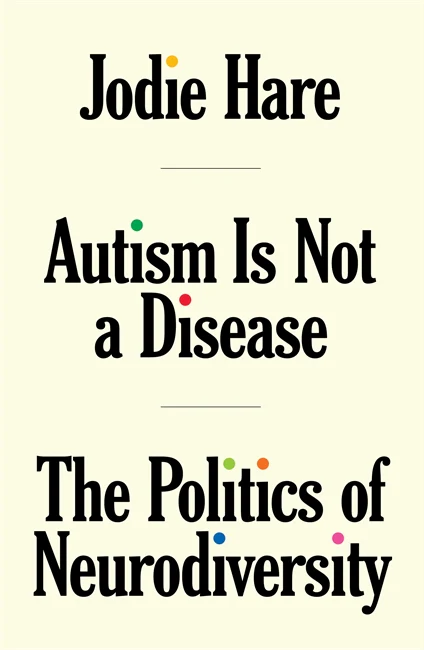
Autism Is Not a Disease: The Politics of Neurodiversity by Jodie Hare
Despite a greater scientific understanding of neurodiversity, social structures still mainly adhere to neurotypical standards and view any differences as an illness to treat. Autistic author Jodie Hare advocates for a more neuro-inclusive view, in which societies don’t just recognize but embrace natural variation and improve access to accommodations.
After you’ve filled up your TBR list, read Book Riot contributor Lucas Maxwell’s essay How Dungeons & Dragons Can Help Members of The Neurodivergent Community. In it, he explores the value of tabletop roleplaying games as an educator and an autistic man for self-confidence, stress relief, and more.
Do you know of other great books about neurodivergence? Share them in the comments!
The comments section is moderated according to our community guidelines. Please check them out so we can maintain a safe and supportive community of readers!



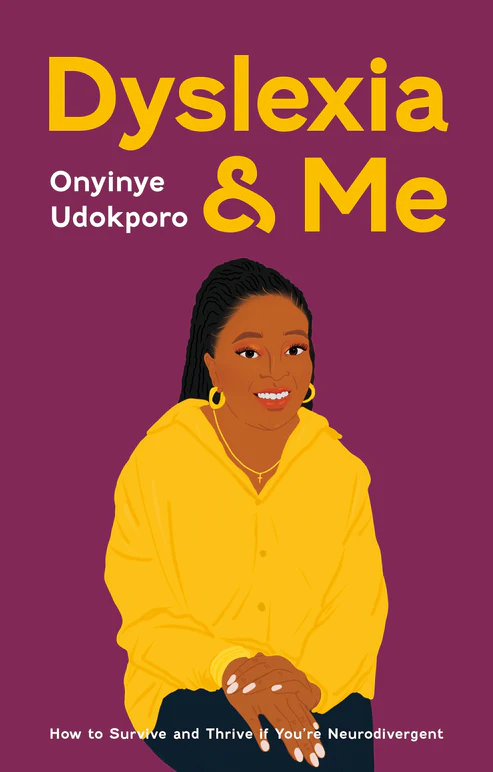
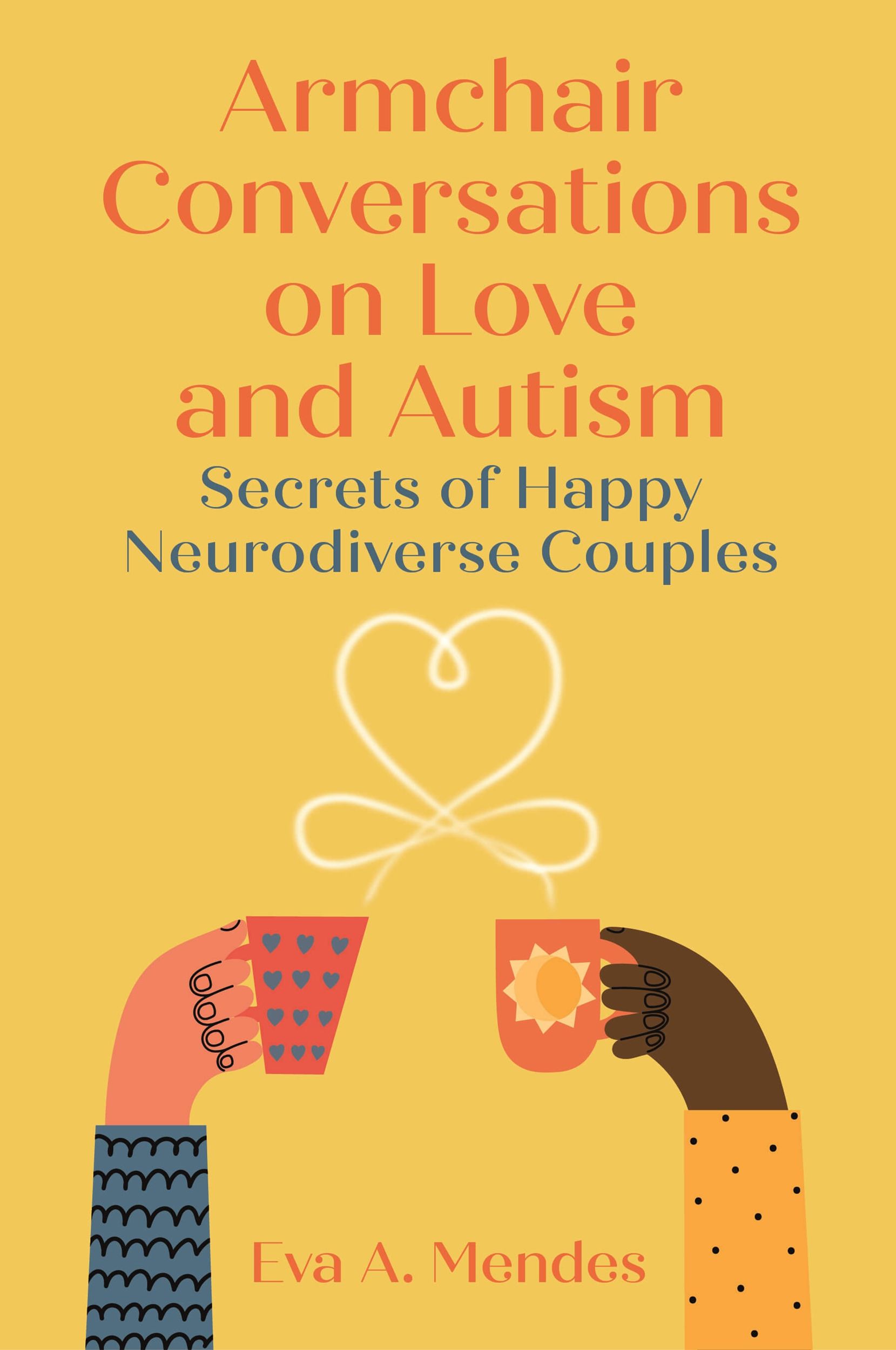












Leave a comment
Join All Access to add comments.